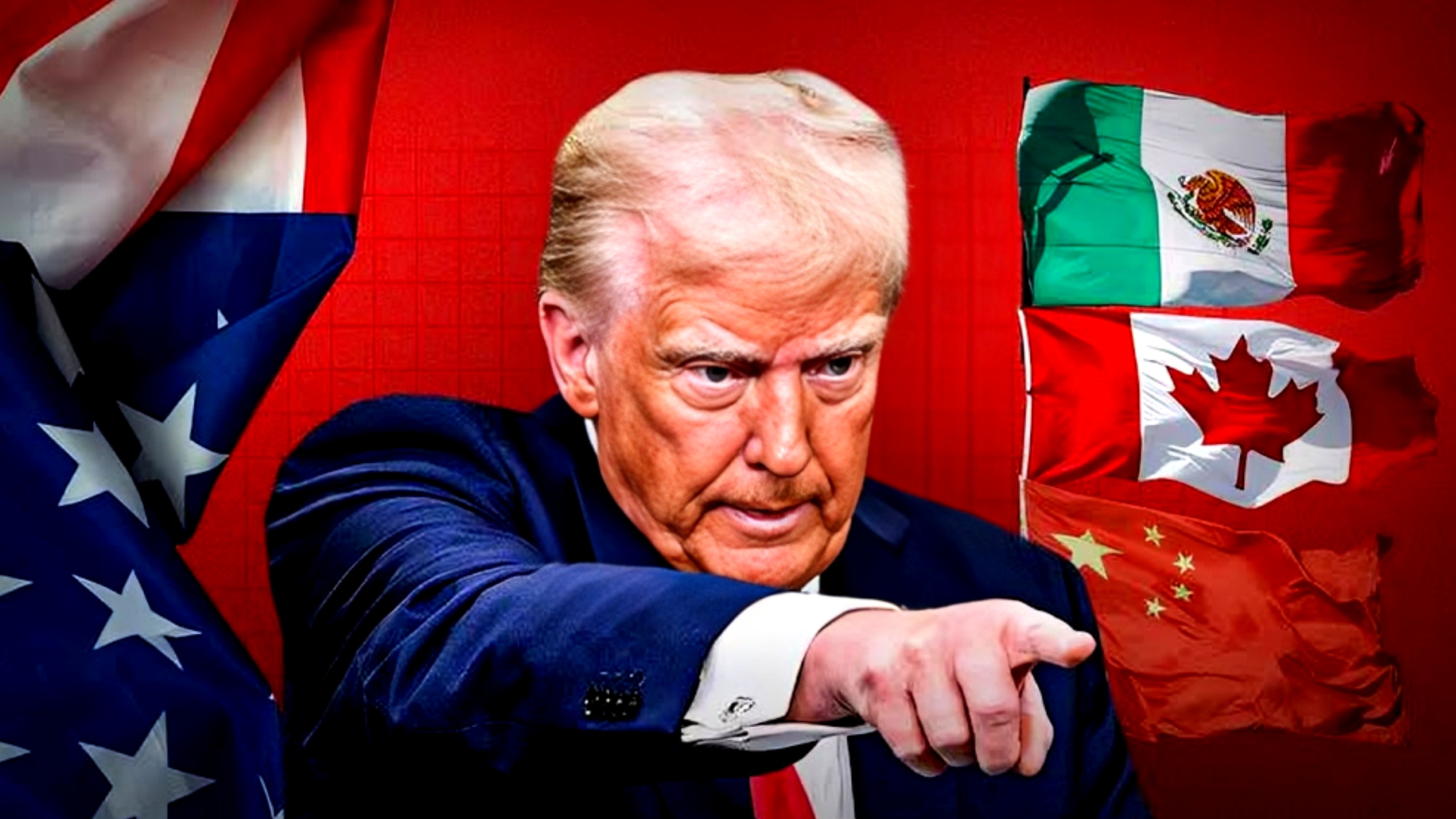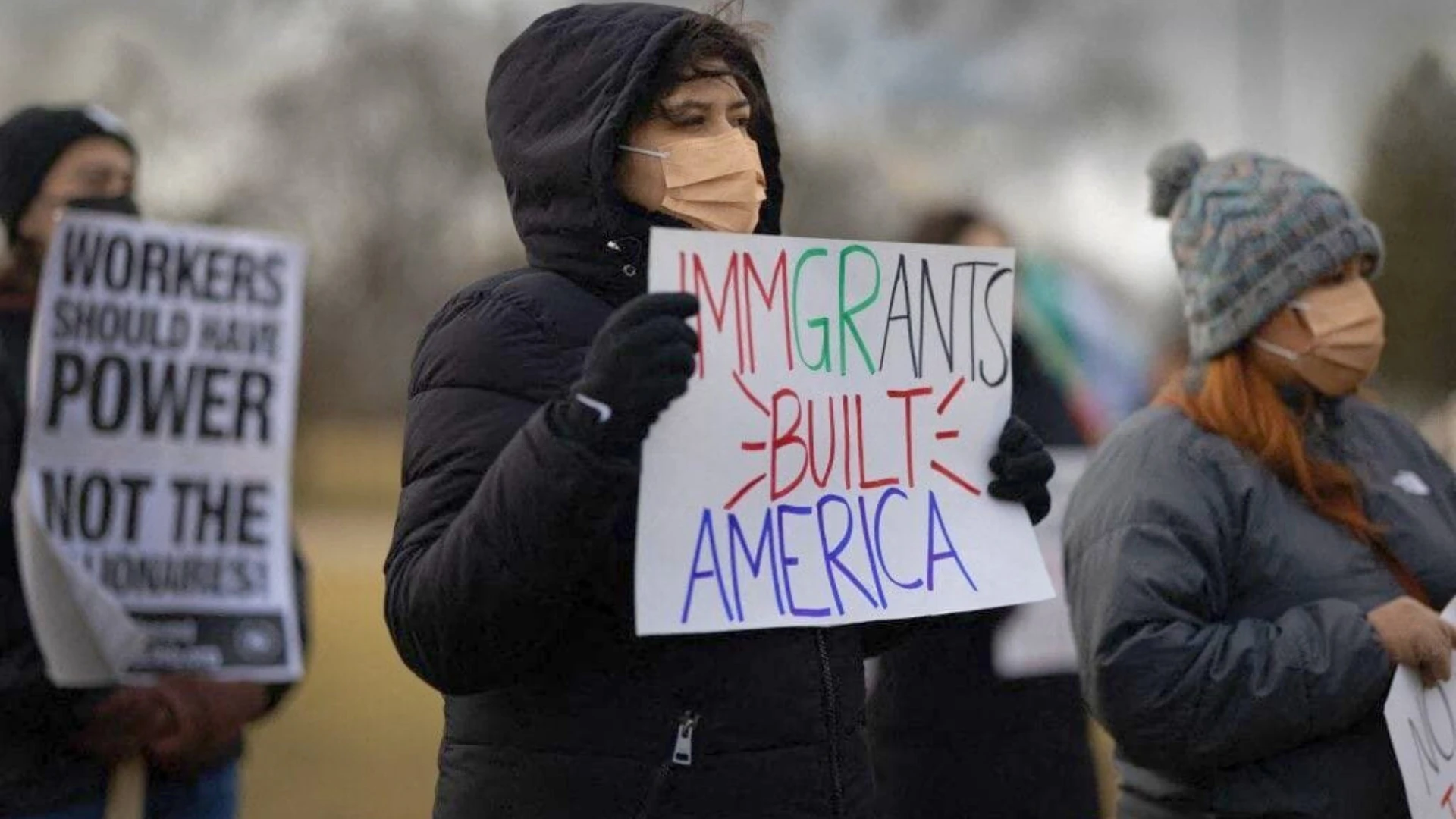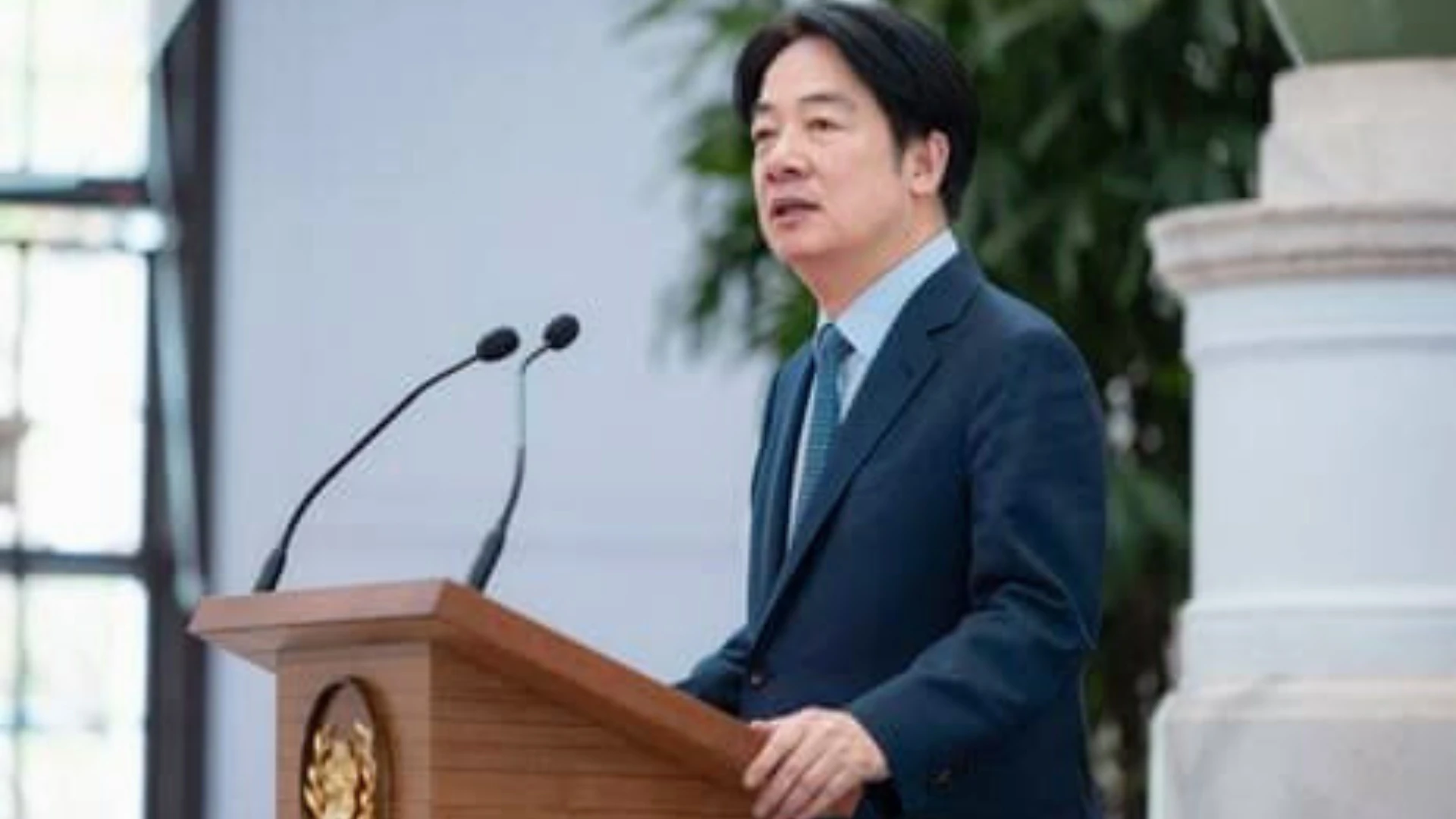Washington: President Donald Trump has confirmed that new tariffs on imports from Canada and Mexico will take effect on March 4, while also doubling existing tariffs on Chinese goods. Trump cited the fight against drug smuggling, particularly fentanyl, as the reason behind the new trade measures, saying other countries need to take stronger action to curb trafficking.
In a post on Truth Social, Trump reiterated that the tariffs will proceed as planned, including an additional 10% tariff on Chinese imports. The decision has already rattled financial markets, with the S&P 500 dropping 1.6% on Thursday. The index is now only slightly higher than where it stood following Trump’s election victory, erasing much of the stock market gains he once celebrated.
The tariffs will impose a 25% tax on most imports from Canada and Mexico, though Canadian energy exports will face a reduced 10% rate. Mexico and Canada have responded by highlighting their efforts to combat drug trafficking, including increased border security and intelligence-sharing initiatives. Mexican President Claudia Sheinbaum expressed hope that a last-minute deal could prevent the tariffs, while Canadian Prime Minister Justin Trudeau warned that his government is prepared to retaliate with its own tariffs on U.S. goods if necessary.
Trump’s move is expected to have a significant economic impact, with analysts estimating the new tariffs could cost American consumers between $120 billion and $225 billion annually. The additional tariffs on China could add another $25 billion in costs. Critics argue that tariffs primarily burden consumers and businesses, a claim Trump dismissed as a "myth."
In addition to the Canada, Mexico, and China tariffs, Trump has announced plans to introduce reciprocal tariffs on April 2, matching the trade taxes that other countries impose on American products. These tariffs would include new levies on European imports, automobiles, computer chips, and pharmaceuticals.
The looming trade war has raised concerns about inflation and economic growth, with consumer confidence taking a sharp hit. The Conference Board’s latest report showed a significant drop in consumer sentiment, with inflation expectations rising as fears over tariffs grow.








